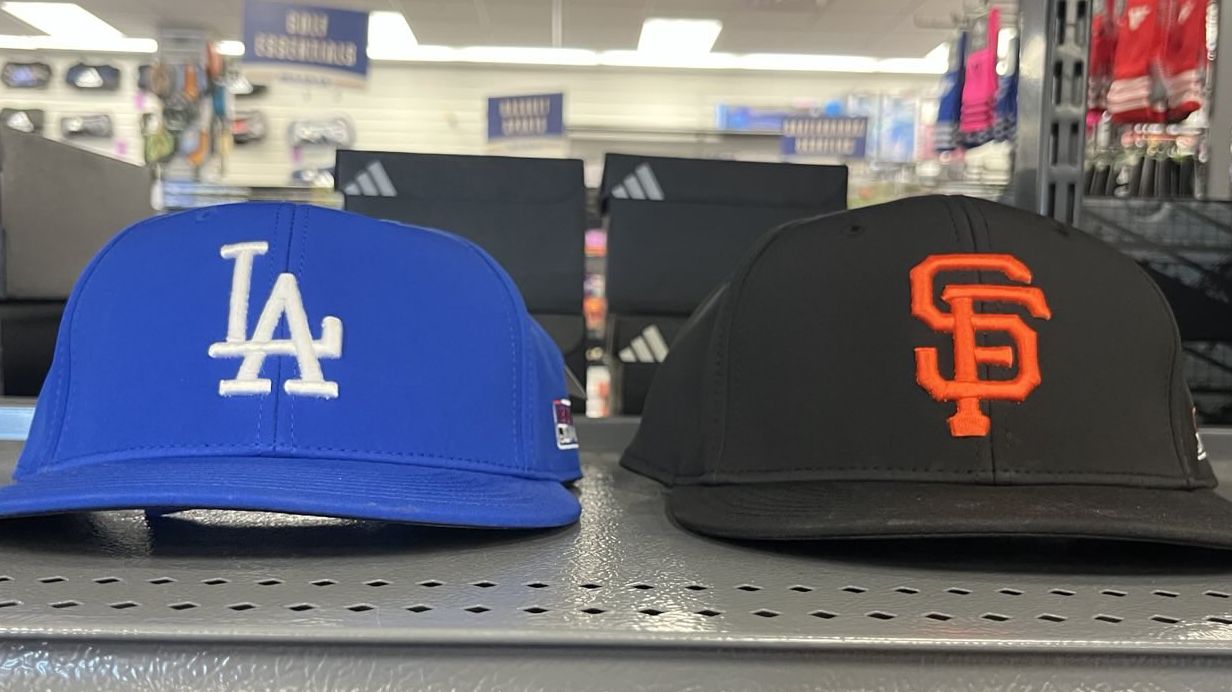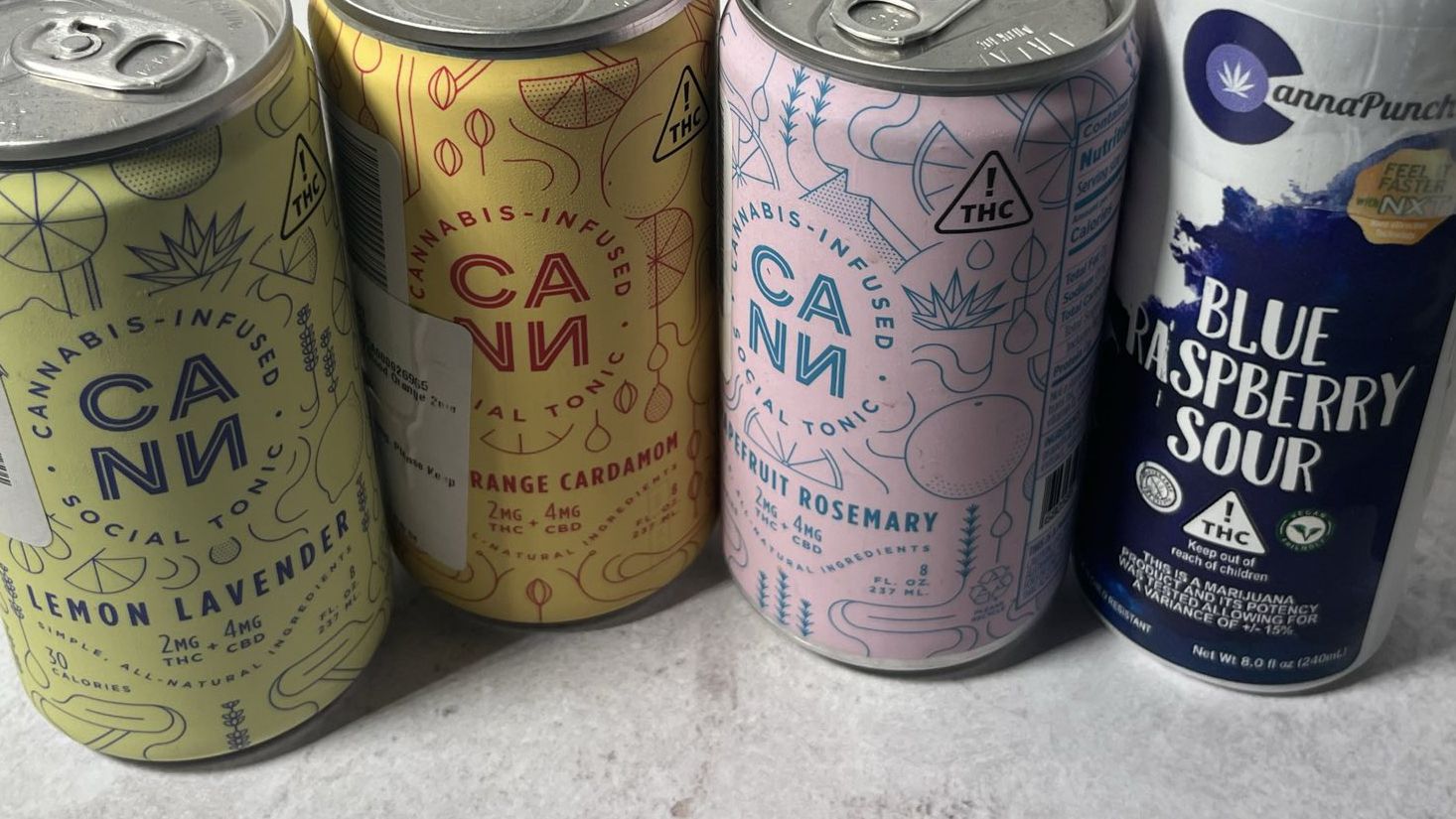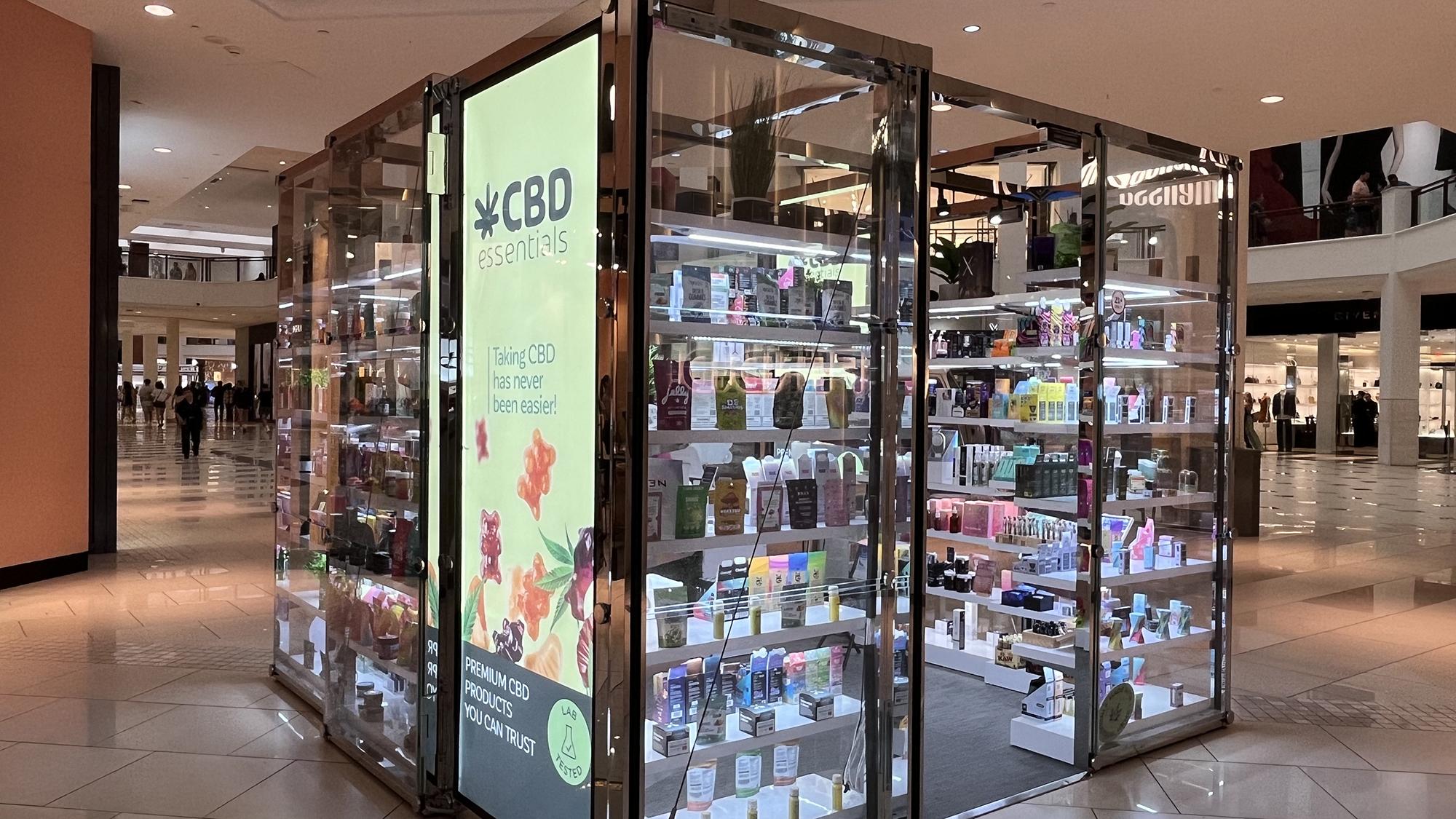Articles
-
Regulatory Uncertainty and the Future of CBD in the U.S. Marketplace
While CBD continues its trajectory from niche wellness niche to a mainstream consumer product, the U.S. regulatory and policy environment remains in flux. While demand…
From our Blogs
-

CBD and the Rules of the Game: Which Pro Leagues Allow It?
In recent years, cannabidiol (CBD) has sparked debate across professional sports. Athletes, coaches, and trainers alike have asked one key question: is CBD allowed in professional competition? The short answer—yes, in many cases—but the reality is nuanced, with rules that differ by league and country. WADA’s Baseline: CBD Is Not Banned At the global level,…
-

Are There Standards for CBD Product Labels and Lab Tests?
Yes — but the landscape remains fragmented. CBD (cannabidiol) products exist in a regulatory gray area, where oversight comes from general consumer safety laws and voluntary industry practices rather than unified federal rules. Below is a look at current standards and what they mean for manufacturers and consumers. Labeling Requirements: What the Law Requires (and…
-

How the 2018 Farm Bill Redefined the Future of CBD in America
When the 2018 Farm Bill was signed into law, few could have predicted just how profoundly it would reshape the American landscape for hemp and cannabidiol (CBD). For decades, hemp was entangled in the same legal framework as marijuana under the Controlled Substances Act of 1970. But with one signature, the Farm Bill reclassified hemp…

